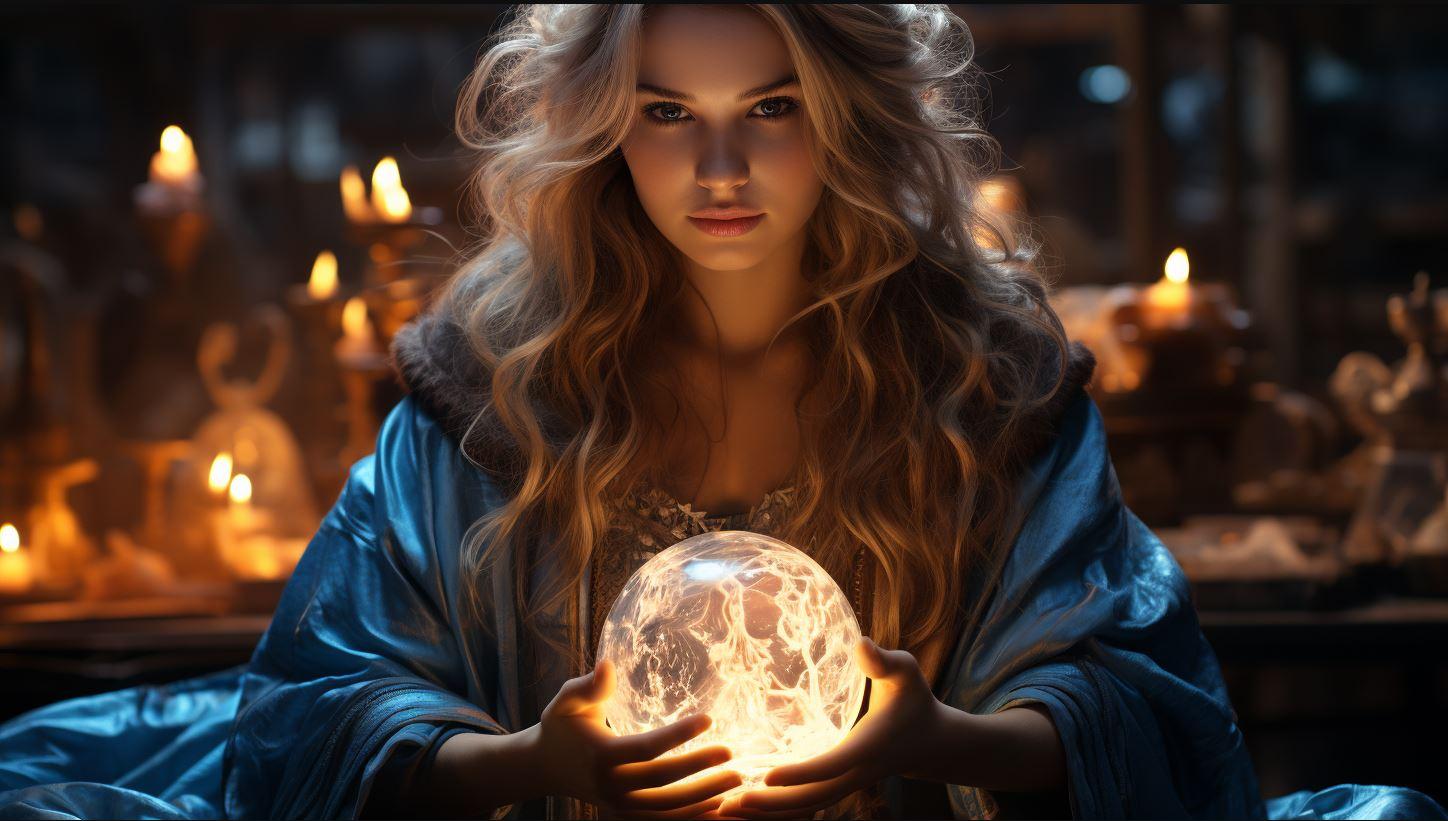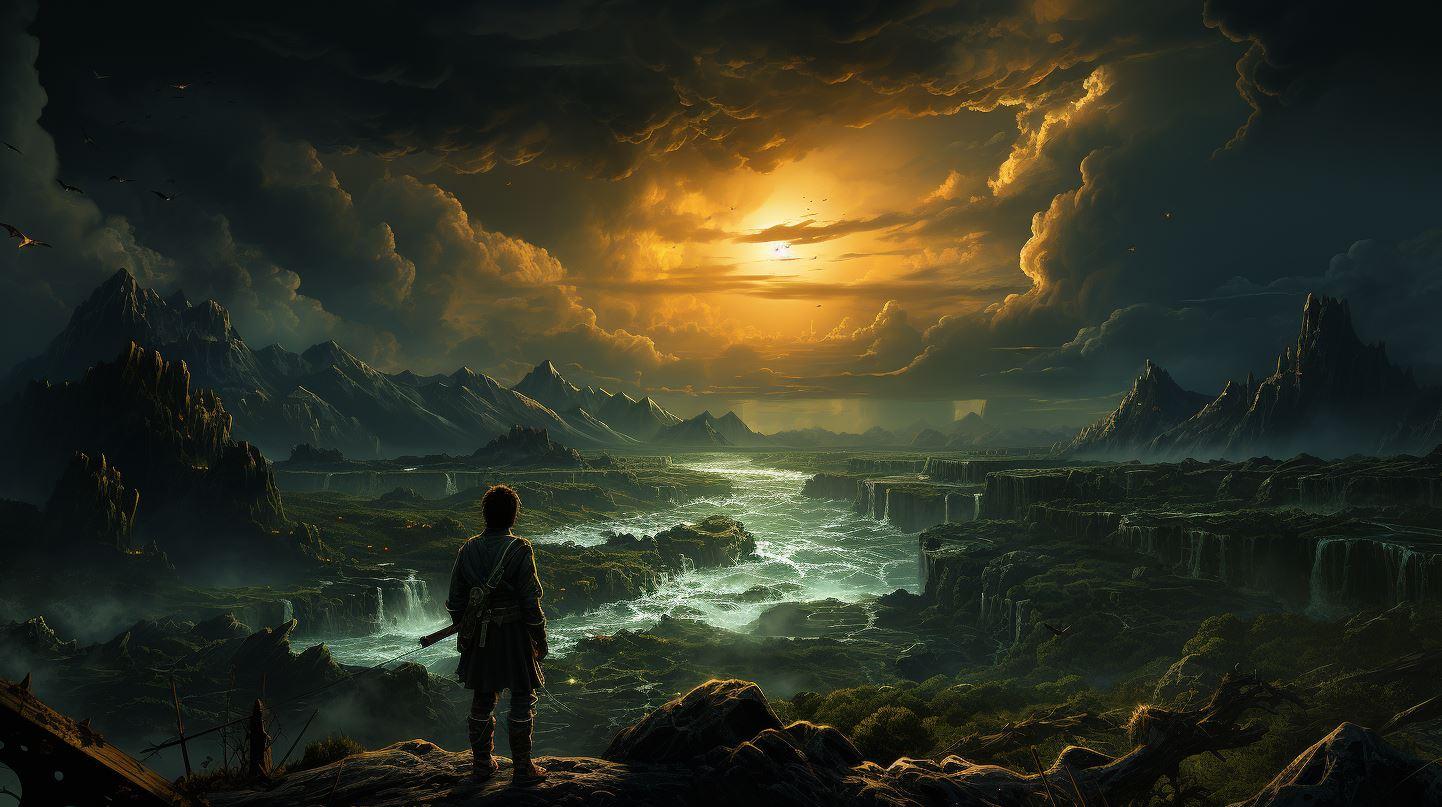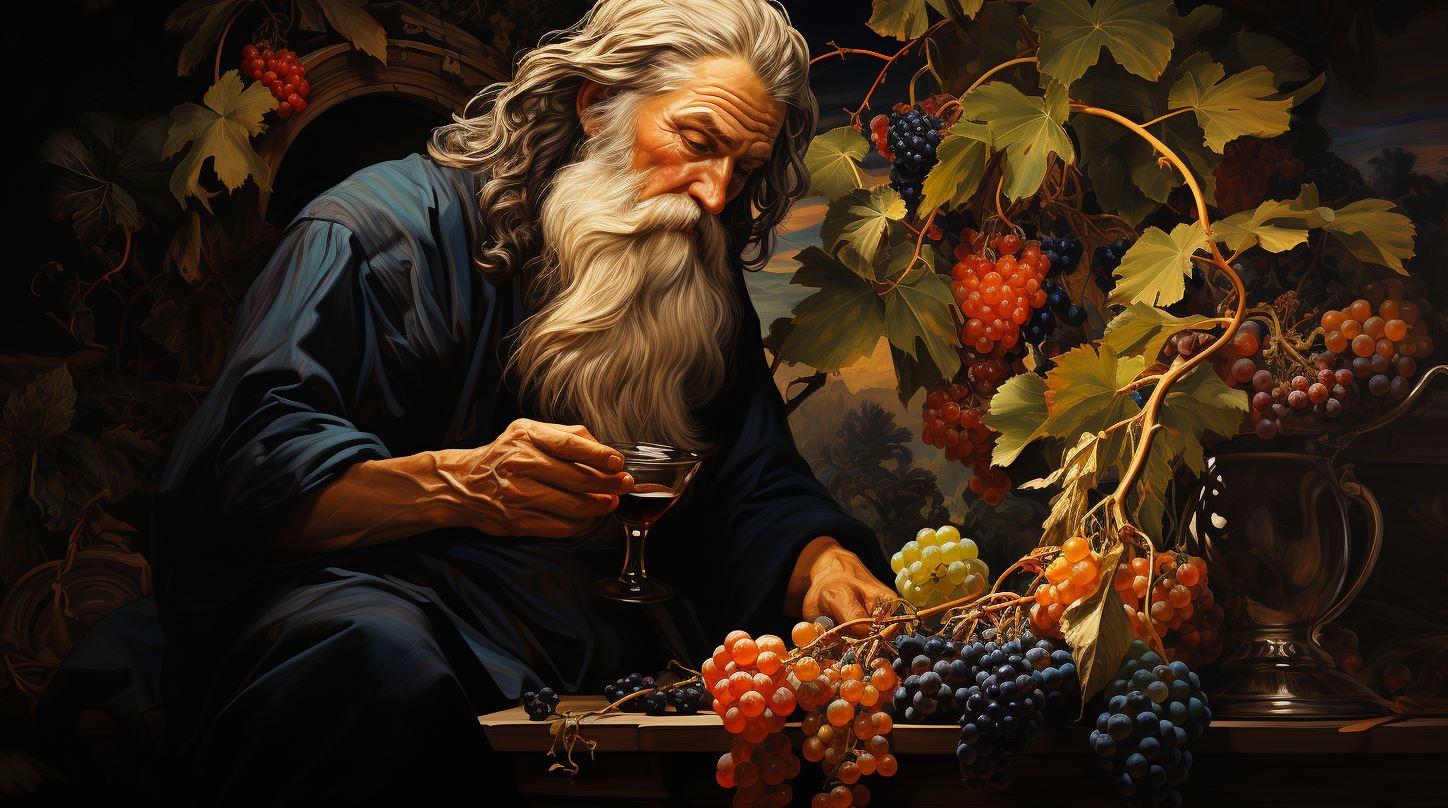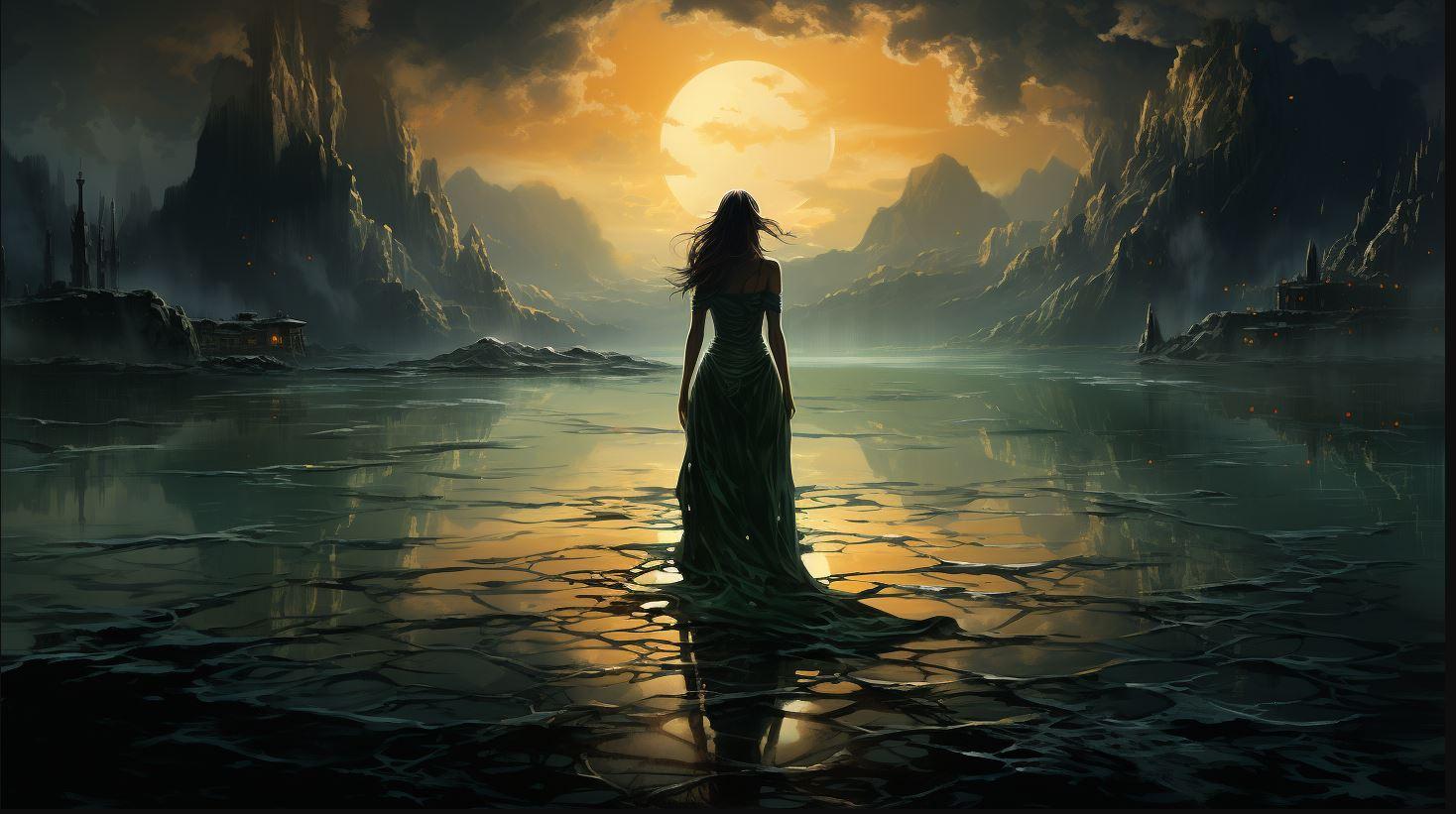Discover the Divine Powers: Welsh Gods and Goddesses Unveiled
Welsh gods and goddesses have a rich mythological heritage rooted in Celtic influences. This pantheon comprises divine figures like Rhiannon, Arianrhod, and Branwen among the great goddesses, and powerful gods such as Bran the Blessed, Lleu Llaw Gyffes, and Mabon ap Modron.
Their captivating tales, including the War of the Welsh and Irish and the Battle of Matholwch, continue to intrigue us. As we explore their stories and traditions, we find connections to harvest celebrations like Mabon and discover their lasting impact in contemporary literature and rituals.
Comparisons to Irish deities further enhance our understanding of Welsh mythology.
The Origins of Welsh Deities
Welsh mythology has its roots in ancient Celtic traditions that flourished in Wales. The rich tapestry of Welsh lore weaves together a complex tapestry of gods and goddesses, deeply connected to the land and its people.
Exploring the origins of Welsh deities allows us to delve into the fascinating world of Celtic influence on Welsh mythology and the pantheon of gods and goddesses that emerged.
List of all the Welsh Gods and Goddesses
The Celtic Influence on Welsh Mythology
The Celtic people, who inhabited Wales and other parts of the British Isles, brought with them a vibrant and intricate mythology. Their beliefs shaped the foundation of Welsh mythology, with a particular emphasis on nature, the cycle of life, and the interplay between mortal and divine realms.
Through their stories, the Celtic influence permeates the tales of Welsh gods and goddesses, creating a unique and enchanting mythology.
The Pantheon of Welsh Gods and Goddesses
Within Welsh mythology, a diverse pantheon of gods and goddesses exists, each with their own distinct characteristics and spheres of influence. This pantheon reflects the rich tapestry of Welsh culture and showcases the deep connection the ancient Welsh people had with the forces of nature and the divine.
Among the prominent Welsh goddesses, we encounter Rhiannon, the divine queen of the Mabinogi, known for her association with horses and her captivating stories of love and tragedy. Arianrhod, the enigmatic goddess of the moon and stars, holds sway over the mysteries of the cosmos and the cycles of life.
Branwen, the goddess of love and beauty, weaves spells of passion and desire.
Turning our attention to the mighty gods of Wales, we encounter Bran the Blessed, often revered as the Welsh equivalent of King Arthur. Lleu Llaw Gyffes, the god of light and rebirth, embodies the power of transformation and renewal.
Mabon ap Modron, the son of the Great Mother, embarks on his own mythical journey and represents the eternal bond between parent and child.
Together, these gods and goddesses form a vibrant pantheon, rooted in the ancient beliefs of the Welsh people. Their tales and legends offer valuable insights into the Welsh culture, their relationship with the divine, and the profound connection between mythology and everyday life.
The Great Goddesses of Wales
The Welsh pantheon is rich with captivating goddesses who hold important roles and embody various aspects of life and nature. Let’s explore the divine queens of Wales and delve into their enchanting stories and significance within Welsh mythology.
Rhiannon: The Divine Queen of the Mabinogi
Rhiannon, often associated with horses, is a prominent figure in the Mabinogi tales. She captivates with her beauty, wisdom, and her connection to the otherworld. Rhiannon‘s story unfolds through her faithful horses, her unjust accusation, and her eventual redemption.
She symbolizes sovereignty, endurance, and the cycles of life.
Arianrhod: The Enigmatic Goddess of the Moon and Stars
Arianrhod‘s mysteries lie in her profound link to the celestial realm. She represents the moon, the stars, and the cosmic order. A figure of divine femininity, Arianrhod is associated with fertility, rebirth, and fate.
Her story encompasses magical incidents, including her enchantment of her own son, whom she later discovers as a talented and skilled warrior.
Branwen: The Goddess of Love and Beauty
Branwen’s beauty and grace are legendary. She epitomizes love, beauty, and the gentle aspects of femininity. However, her fate is entwined with a tragic tale of betrayal and war. Branwen’s narrative unfolds in the context of the War of the Welsh and Irish, bringing to light her strength, resilience, and the consequences of conflict.
These great goddesses of Wales contribute to the richness and complexity of Welsh mythology, offering insights into the divine feminine, the forces of nature, and the intricate tapestry of human experiences.
The Mighty Gods of Wales
The mythology of Wales is rich with powerful gods who play significant roles in its folklore. Explore the captivating tales of these mighty Welsh deities and embrace the enchantment of their extraordinary existence.
Bran the Blessed: The Powerful King Arthur of Welsh Mythology
Bran the Blessed, a prominent figure in Welsh mythology, was known for his immense strength and wise leadership. Often compared to the legendary King Arthur, he stood as a symbol of protection and guardianship.
His astonishing adventures, such as the journeys to the Otherworld and his involvement in the Battle of Britain, demonstrate his enduring legacy in Welsh mythology.
Lleu Llaw Gyffes: The God of Light and Rebirth
Lleu Llaw Gyffes, the god of light and rebirth, radiates a luminous presence in Welsh mythology. His compelling story of resilience and transformation captivates those who delve into his lore.
From his birth to the curse inflicted upon him and the ultimate fulfillment of prophecy, Lleu embodies the eternal cycle of life, providing hope and inspiration.
Mabon ap Modron: The Son of the Great Mother
Mabon ap Modron, the son of the Great Mother, personifies the vitality and vitality of Welsh mythology. As a divine youth, his tale intertwines with various mythical quests and his eventual rescue from imprisonment.
Mabon‘s significance lies in his connection to the seasonal cycles, as he represents the rebirth of nature and the eternal bond between mother and child.
Exploring Mythical Tales and Legends
Embark on a captivating journey as we delve into the enchanting world of Welsh gods and goddesses through a collection of mythical tales and legends. These stories offer us a glimpse into the rich tapestry of Welsh mythology, a realm filled with epic battles, divine love, and magical encounters.
The Tale of Branwen and the War of the Welsh and Irish
One of the most renowned tales from Welsh mythology is the story of Branwen and the War of the Welsh and Irish. This ancient saga revolves around the marriage of Branwen, the goddess of love and beauty, to Matholwch, an Irish king.
However, what started as a union of realms soon turns into a tragic conflict. The tale takes us through gripping battles, treachery, and the heartbreaking fate of Branwen herself.
The Adventures of Rhiannon and Her Beloved Steeds
Enter the mesmerizing realm of Rhiannon, the divine queen of the Mabinogi, and join her on her exhilarating adventures with her beloved horses. Rhiannon‘s tales are filled with mystical encounters, where she showcases her grace, wisdom, and otherworldly powers.
From her encounter with Pwyll, the Prince of Dyfed, to her iconic role in the Three Birds of Rhiannon, her stories will transport you to a land of wonder and magic.
The Legend of Lleu Llaw Gyffes and the Battle of Matholwch
Prepare to be enthralled by the legendary tale of Lleu Llaw Gyffes, the god of light and rebirth, and the Battle of Matholwch. Lleu’s story intertwines with themes of destiny, transformation, and the pursuit of justice.
Discover how Lleu’s journey unfolds, from his unconventional birth to his rise as a formidable warrior. Witness his pivotal role in the Battle of Matholwch, where he faces adversity and triumphs over his foes.
In conclusion, these mythical tales and legends provide a captivating exploration into the world of Welsh gods and goddesses. Through their stories, we gain insights into their powers, virtues, and the intricate dynamics of Welsh mythology.
Join us as we uncover the hidden depths of these ancient tales and discover the enduring impact of Welsh deities in our collective imagination.
Celebrating Welsh Deities
Welsh gods and goddesses hold a special place in the hearts of many, and their rich traditions and mythologies are celebrated in various ways. Let us delve into the fascinating customs and rituals associated with honoring Welsh deities.
The Autumnal Equinox and Mabon: Honoring Welsh Harvest Deities
As the leaves change color and the air turns crisp, the Autumnal Equinox marks a significant time to pay homage to the Welsh harvest deities. Known as Mabon, this celebration welcomes the bountiful harvest and expresses gratitude for the abundance of nature.
In this time of balance between light and dark, it is common to gather in communities, offering thanks and celebrating the cycles of nature. Traditional ceremonies often include the creation of harvest altars adorned with fruits, vegetables, and symbolic representations of the gods and goddesses.
It is a time for reflection, feasting, and honoring the Welsh pantheon for their connection to the land and the sustenance it provides.
Customs and Traditions Associated with Welsh Gods and Goddesses
The customs and traditions surrounding Welsh gods and goddesses are deeply rooted in ancient folklore and continue to be cherished today. Many communities practice rituals and participate in festivals dedicated to specific deities, expressing devotion and seeking their blessings.
These traditions often include processions, dancing, and singing songs that recount the legends and stories of the Welsh pantheon. Offerings such as food, flowers, or libations are made at sacred sites and shrines, symbolizing respect and establishing a connection with the divine.
Whether through individual rituals or community gatherings, these customs serve to reconnect with Welsh spirituality and maintain the legacy of these revered deities.
Connecting with Nature: Communing with the Outdoors
Welsh deities are closely associated with the natural world, and many celebrations involve communing with nature. People engage in outdoor activities, such as walking in the countryside, organizing nature-themed art events, or participating in guided meditations amidst woodland or near water sources believed to be sacred to the gods and goddesses.
Music and Dance: Reverberating Divine Energy
Music and dance form an integral part of Welsh celebrations, with rhythmic beats and melodic tunes setting the ambiance for honoring deities.
Traditional Welsh instruments, such as harps and pipes, add an enchanting touch to these festivities, while traditional dances are performed as symbolic representations of the gods and goddesses and their mythological tales.
Poetry and Storytelling: Keeping Mythology Alive
Welsh culture has a rich tradition of oral storytelling and poetry, and these art forms are often central to celebrating Welsh deities.
Through poetic recitations and storytelling sessions, ancient myths and legends are passed down through generations, ensuring that the wisdom and essence of the gods and goddesses remain alive in the hearts and minds of the Welsh people.
Legacy and Influence of Welsh Deities in Modern Times
The legacy of Welsh gods and goddesses continues to thrive in various aspects of contemporary culture.
Their rich mythological narratives have become a source of inspiration for many writers and storytellers, resulting in an abundance of Welsh mythological references in contemporary literature and media.
Welsh Mythological References in Contemporary Literature and Media
Welsh deities have found their way into numerous novels, graphic novels, and fantasy series, captivating readers with their enchanting tales. From the glorious adventures of Rhiannon to the mysterious allure of Arianrhod, these gods and goddesses have become beloved characters in modern storytelling.
Furthermore, their presence extends beyond the written word. Welsh deities have made appearances in movies, TV shows, and even video games, providing audiences with a glimpse into the depths of Welsh mythology.
These references not only entertain but also serve as a reminder of the enduring influence and cultural significance of Welsh gods and goddesses.
Connecting with Welsh Deities: Practices and Rituals for Today
For those seeking a deeper connection with Welsh deities, there are various practices and rituals available that honor and pay homage to these ancient beings. These practices can involve meditation, divination, and the exploration of Welsh ceremonial traditions.
By immersing oneself in the rituals associated with these deities, individuals can establish a spiritual connection and gain a greater understanding of the wisdom they embody.
Moreover, there are communities and organizations dedicated to preserving and celebrating Welsh mythology. These groups provide spaces for shared experiences, discussions, and rituals centered around Welsh gods and goddesses. They offer a supportive environment for those interested in exploring and connecting with the deities of Wales.
In conclusion, Welsh gods and goddesses have left an indelible mark on modern culture through their presence in literature, media, and spiritual practices. Their enduring legacy serves as a testament to the power and influence they continue to hold in shaping our understanding of myth and spirituality in the present day.
Exploring Other Celtic Deities
In addition to Welsh gods and goddesses, it is fascinating to compare and contrast them with their counterparts in Irish mythology. This exploration allows us to gain a deeper understanding of the wider Celtic pantheon and the unique roles Welsh deities play within it.
Comparisons and Contrasts between Welsh and Irish Gods and Goddesses
When comparing Welsh and Irish deities, we find both similarities and distinctions in their characteristics, stories, and cultural significance. While both pantheons share some common themes and figures, such as the divine queens Rhiannon in Wales and Macha in Ireland, they also have distinct gods and goddesses who hold unique attributions and roles.
For example, Brigid, the Irish goddess of healing and poetry, has similarities to the Welsh goddess Arianrhod, known for her association with the moon and stars. However, Brigid also possesses distinct qualities and attributes that set her apart.
Exploring these similarities and differences allows us to appreciate the diverse nature of Celtic mythology and its regional variations.
The Role of Welsh Deities within the Celtic Pantheon
Welsh deities, with their rich and intricate stories, contribute significantly to the wider Celtic pantheon. They bring their unique perspectives, powers, and narratives that shape the tapestry of Celtic mythology.
The gods and goddesses of Wales offer different realms of influence, such as sovereignty, fertility, healing, and battle.
Within the Celtic pantheon, Welsh deities often interact with their Irish counterparts in epic tales that demonstrate the interweaving relationships and shared cultural heritage. Through their stories, we gain insight into the complex relationships between different Celtic regions and the spiritual beliefs they hold dear.
Furthermore, the role of Welsh deities extends beyond mythology. Their influence can be seen in contemporary literature, art, and even modern spiritual practices. Many authors and artists draw inspiration from the fascinating tales of Welsh gods and goddesses, crafting captivating narratives that resonate with audiences today.




